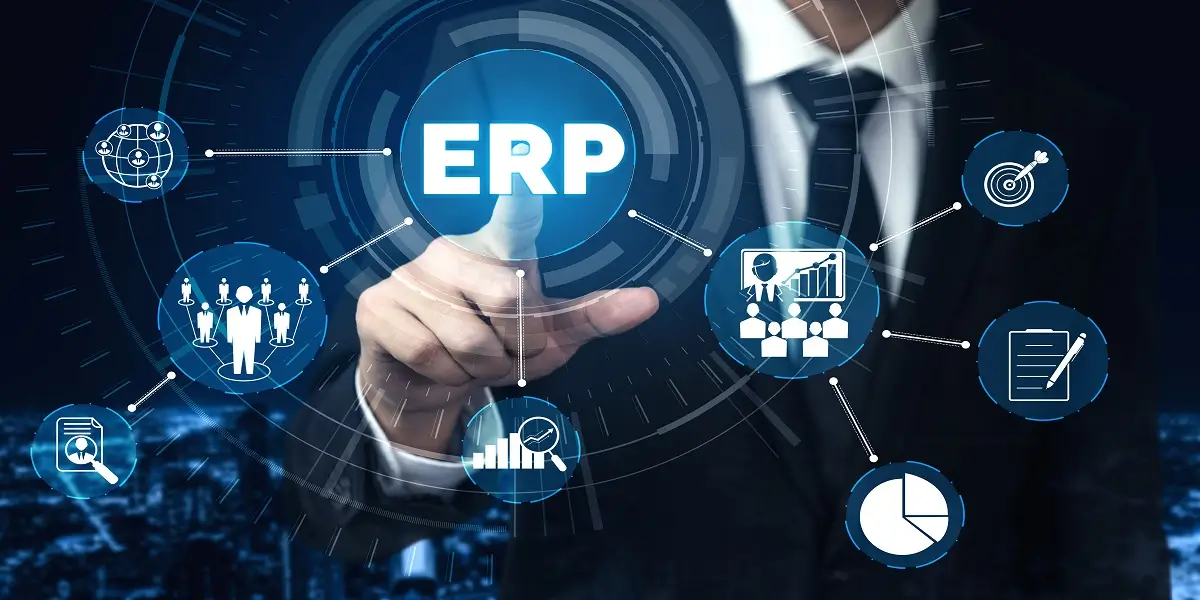The TV and film industry is fast-paced and constantly changing, presenting unique challenges for independent studios. From securing financing to managing complex production budgets and navigating tax reliefs, the road to success can often seem overwhelming. At Apex Accountants, we understand these challenges and provide specialised business advisory services for TV and film studios. We help independent studios overcome obstacles and achieve long-term growth in a competitive market. With over 20 years of experience, Apex Accountants offers expert guidance in financial planning, cash flow management, tax relief maximisation, and investment strategies. Our services support studios in optimising financial operations while allowing them to focus on their creative work.
This article explores how Apex Accountants can assist independent TV and film studios in managing financial challenges. Whether navigating production budgets, securing funding, or leveraging tax incentives, our tailored services help your studio thrive.
Tailored Financial Planning for Production Cycles
In the TV and film industry, financial planning must account for the unique demands of each project. Unlike traditional businesses, studios experience unpredictable cash flows, with revenue tied to project release schedules, production cycles, and licensing agreements. At Apex Accountants, we help studios create bespoke financial plans that incorporate seasonal production budgets, expected income from broadcasters, and distribution channels. This ensures you have the liquidity to cover costs during production lulls and make informed decisions about scaling projects.
Cash Flow Optimisation and Working Capital Management
Managing cash flow is a critical aspect of running a successful independent studio. Payments from broadcasters can be delayed, and production costs often run over budget. We offer cash flow forecasting tailored to the entertainment industry, factoring in production timelines and distribution payments. Our services account for post-production costs and help maintain sufficient working capital. This prevents cash flow shortages, allowing you to focus on creativity without financial constraints. With our expertise in financial advisory for film studios, we help clients anticipate challenges. We ensure financial stability, even during unpredictable production cycles.
Film Tax Relief (FTR) and High-End TV Tax Relief (HTVTR) Claims
Understanding tax relief for independent studios is essential for maximising profits in the entertainment industry. Independent studios are eligible for significant tax credits, such as the Film Tax Relief (FTR) and High-End TV Tax Relief (HTVTR), which can cover up to 25% of qualifying production costs. Apex Accountants provides expert guidance in identifying qualifying expenses and ensuring compliance with HMRC’s regulations. We manage the claim process for you, making sure your studio receives every available benefit without the hassle of paperwork or complicated filings.
Budgeting for Productions and Project-Based Financial Oversight
For independent TV and film studios, each project requires careful budgeting and financial oversight. Apex Accountants works with studios to develop detailed production budgets, ensuring accurate allocation of funds for pre-production, filming, post-production, and distribution. We provide project-specific financial oversight, helping monitor expenses in real time and alerting you to potential cost overruns before they affect the bottom line. This proactive approach ensures projects stay within budget and meet financial expectations.
Mergers, Acquisitions, and Investment Advisory
As independent studios grow, they may explore mergers, acquisitions, or seek outside investment. Our team of merger and acquisition advisors has specific experience in the entertainment sector, helping you assess studio valuations, synergy potential, and deal structures. Whether you are acquiring a smaller studio, merging with a production company, or looking for investors, Apex Accountants provides tailored guidance on tax-efficient structures and capital-raising strategies, ensuring your studio secures the right deal and maximises future growth.
Managing Financial Risks with Business Advisory Services for TV and Film Studios
The entertainment industry is full of inherent risks, such as unexpected production delays and unpredictable content performance. Apex Accountants helps you manage these risks with strategies such as contingency budgeting and insurance advisory, specifically tailored to production companies. By assessing market volatility, contractual obligations, and legal risks, we guide you in safeguarding your studio’s financial health.
Moreover, we provide in-depth financial advisory for film studios, offering strategic insight on managing operational costs, identifying growth opportunities, and ensuring long-term financial stability. Your studio will be well-positioned to handle the financial challenges of the entertainment industry thanks to our expert advice.
At Apex Accountants, we specialise in providing tailored business advisory services that meet the unique needs of independent television and film studios. From navigating tax relief for independent studios to managing project budgets, our team is dedicated to helping your studio thrive in a competitive and often unpredictable industry.
Contact Apex Accountants today to learn how we can support your studio’s financial and strategic growth.









